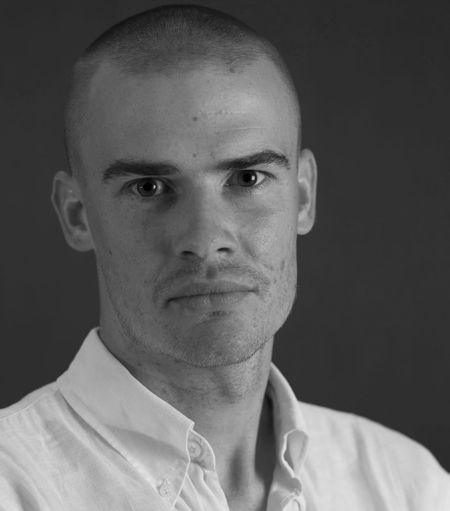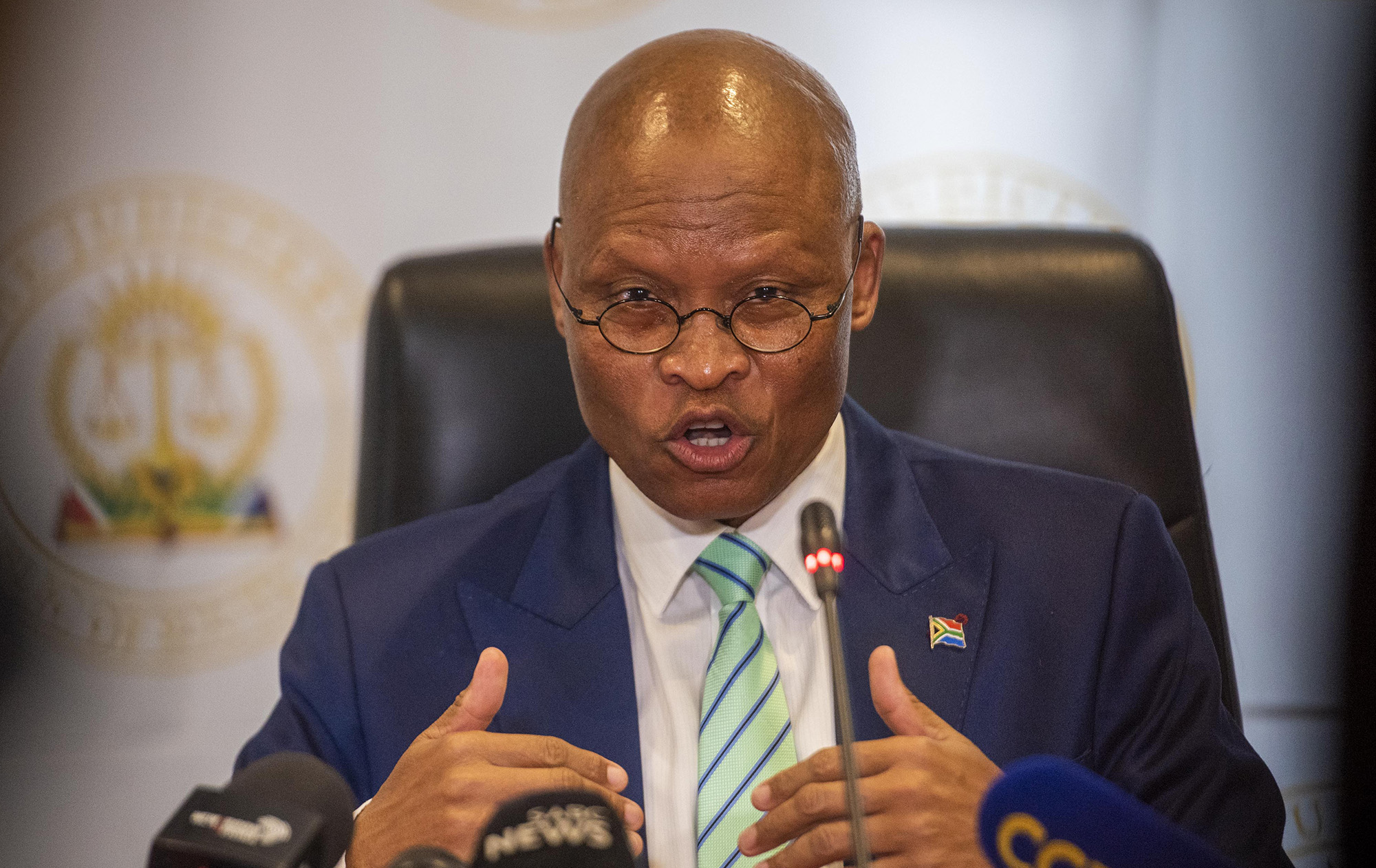“I’m not a scientist. I’m a prayer warrior and I’m encouraging prayer warriors to pray,” said Chief Justice Mogoeng Mogoeng on Friday.
The chief justice defended comments he made on Thursday during a prayer at Tembisa Hospital in Ekurhuleni, where he called on God to destroy harmful Covid-19 vaccines, but said he is not against vaccinations and supported “clean” options without negative side effects.
Various coronavirus vaccines have been approved or have received early or emergency approval in a number of countries.
The Solidarity Fund recently announced it would contribute R327-million towards the Covax initiative, the global collaboration aimed at promoting equitable access to Covid-19 vaccines, which will cover about 15% of the cost to vaccinate 10% of South Africa’s population.
“I said if there is any vaccine that is being manufactured or advances a satanic agenda of the mark of the beast, 666; if there is any vaccine, anything manufactured for the purpose of corrupting the DNA of
people, then that vaccine must be burned, it must die (sic),” said Justice Mogoeng, who was a lay preacher at the Winners Chapel International Church when he was appointed chief justice in 2011.
He said he had a right to freedom of religion, speech and thought. The chief justice vaguely criticised what he defined as a culture of silence that threatens a return to the days of apartheid and colonialism.
“I don’t care about the consequences. We’ve been quiet for far too long, towing the line. I’m not going to tow any line and it doesn’t matter how many people criticise me. When I believe that I need to address this issue, I’m going to do it.”
Justice Mogoeng did not touch on the regulatory or ethical approval required to roll out a coronavirus vaccine in South Africa but suggested his concerns were motivated by widespread corruption in the country, as
seen in personal protective equipment (PPE) deals, the potential side effects of vaccines and discussions around making them compulsory, such as for international travel.
“If there is any vaccine meant to corrupt the DNA of people, I’m asking God – do interrupt… it. Any clean vaccine, they must produce it quickly. People need that for their own health,” he said.
“Where did I say I’m against vaccination, where?” he asked.
“I’m not against vaccination, no, but any vaccination that will do harm to people I’m praying against it and I will never stop.”
Justice Mogoeng could not detail his unfounded concerns about potential vaccines in South Africa, of which there is considerable information and expert analysis readily available.
According to an Ipsos survey released in October 2020, 64% of South Africans said they would accept a coronavirus vaccine when and if it becomes available. Most of those respondents, however, said they only “somewhat agreed” to taking a vaccine.
A recent World Health Organisation report found that the uptake of vaccination programmes depends on an enabling environment, social influences and motivation.
Social influences include both immediate networks and media coverage.
“A willingness to get vaccinated, or an unwillingness to do so, can spread through a social cascade as one group of individuals influences another, and then the two influence a third, and so on,” read the report.
In 2019, the WHO said vaccine hesitancy was one of the top 10 threats to global health. A study published in The Lancet found that confidence in the importance of vaccines, rather than their safety or effectiveness, was the strongest single determiner of uptake.
In a statement released on Friday, the Africa For Palestine group, which recently criticised Justice Mogoeng for his comments on Israel, said, “We believe that the chief justice’s latest comments undermine medical science and South Africa’s position on the distribution of vaccines.”
Justice Mogoeng dismissed accusations he had misled the public on coronavirus vaccines. DM





 Chief Justice Mogoeng Mogoeng (Photo by Alet Pretorius/GALLO IMAGES)
Chief Justice Mogoeng Mogoeng (Photo by Alet Pretorius/GALLO IMAGES)